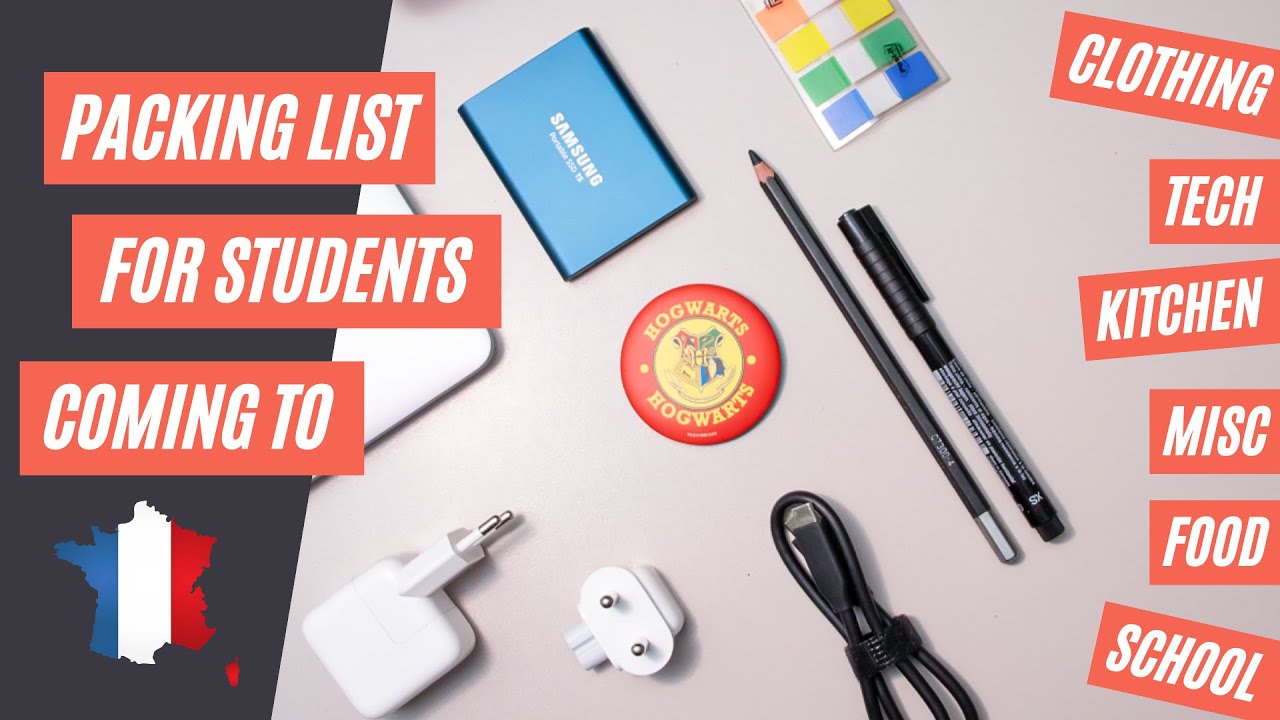How to get respect from the French
Summary
TLDRThis video provides five essential tips for earning respect in France. It highlights the importance of understanding cultural differences, such as personal space, politeness, communication styles, and the French approach to time. Politeness and respectful interactions are key, with formality playing a central role. The video also explores conversational dynamics and emphasizes the need to engage respectfully in debates. Additionally, it humorously lists six things not to do in France, including talking loudly and wearing shorts. These tips offer insights into French culture, helping viewers navigate interactions smoothly.
Takeaways
- 🤝 Be respectful of personal space: Understand that entering a French shop or café is akin to entering someone's home.
- 🌟 Show politeness: The French value politeness and formality, and using titles like 'Madame' or 'Monsieur' shows respect.
- 🗣️ Communicate with consideration: Always acknowledge the other person, and ask if they mind if you speak in English if you're not fluent in French.
- ⏰ Be punctual for appointments: In France, punctuality is expected for reservations and appointments.
- 🏖️ Accept the work-life balance: Understand that taking time off for vacations is a normal part of French life and not a sign of laziness.
- 💬 Engage in two levels of conversation: Keep conversations polite with acquaintances and save deeper, more contentious discussions for closer relationships.
- 🤫 Avoid loud talking: Speaking loudly in public is considered rude and can lead to a lack of respect from the French.
- 🎩 Don't wear a beret unless you're serious about it: Berets can be seen as a tourist cliché and may make you look ridiculous.
- 👖 Avoid wearing shorts: Shorts can be seen as informal and not suitable for all settings in France.
- 💋 Don't call it a 'French kiss': Understand that the French have their own terms and views on personal interactions.
- 🥖 Do not eat and walk: It's considered impolite and can lead to accidents like 'Accidental Baguette Penetration Of The Nose'.
Q & A
What is the primary goal of the video discussed in the transcript?
-The primary goal of the video is to explain five ways to earn the respect of the French by understanding their culture and how to interact appropriately in various situations.
How does personal space differ in France compared to other cultures?
-In France, personal space is more intimate, particularly in public places like cafes and public transport, where people are often physically closer to one another. Shops are seen as private spaces, almost extensions of a person's home, and visitors must be considerate of this.
Why is saying 'hello' important when entering a shop in France?
-Saying 'hello' when entering a shop is important because it acknowledges that you are stepping into a personal or private space, akin to entering someone's home. It is a mark of respect in French culture.
Why do some people think French service is rude, and how can this be avoided?
-People may perceive French service as rude because the French prioritize politeness and formality over the customer service norms found in places like the United States, where the customer is treated as 'king.' Understanding and respecting this formality can help avoid any negative experiences.
What is the significance of using 'vous' and 'tu' in French conversations?
-'Vous' is the formal version of 'you,' used to show politeness and respect. 'Tu' is more informal and is used with people you are closer to. Transitioning from 'vous' to 'tu' generally requires asking permission, and this shift usually happens after establishing a relationship.
Does speaking French guarantee better service in France?
-No, speaking French does not guarantee better service. While it can help, what truly matters is politeness and acknowledging the other person. Service quality is more about attitude than language.
How is time perceived differently in France, especially in work-related situations?
-The French value punctuality for appointments and reservations, but outside of that, they maintain a strong work-life balance, with many vacations and holidays. This may mean that businesses are closed during holidays, and it's considered normal for workers to prioritize their personal lives over their jobs.
How do conversations differ between acquaintances and close friends in France?
-With acquaintances, conversations remain polite and reserved, but with closer friends, the French enjoy engaging in debates and even playing Devil’s Advocate. These conversations are often intellectually stimulating and may include provocative statements to spark discussion.
What are some common social faux pas to avoid in France?
-Some common mistakes to avoid include talking too loudly, wearing shorts in public, referring to a 'French kiss' incorrectly, eating while walking, and mispronouncing words like 'lingerie' and 'hors-d'oeuvre.'
What is the key takeaway from the video about earning respect in France?
-The key takeaway is that respect in France comes from being polite, understanding cultural norms around personal space, time, and communication, and treating people with consideration and refinement.
Outlines

此内容仅限付费用户访问。 请升级后访问。
立即升级Mindmap

此内容仅限付费用户访问。 请升级后访问。
立即升级Keywords

此内容仅限付费用户访问。 请升级后访问。
立即升级Highlights

此内容仅限付费用户访问。 请升级后访问。
立即升级Transcripts

此内容仅限付费用户访问。 请升级后访问。
立即升级浏览更多相关视频

5 Things NOT to Do in Thailand 🇹🇭⚠️ (Avoid These Mistakes)

TABLE MANNERS IN FRANCE : 37 RULES OF ETIQUETTE

6 Things to know before going to a restaurant in France

5 Dicas de Renda Extra para Missionários e Pastores

CARA DAN ETIKA MENYAMPAIKAN PENDAPAT YANG BAIK DAN BENAR

Packing list for International students
5.0 / 5 (0 votes)
